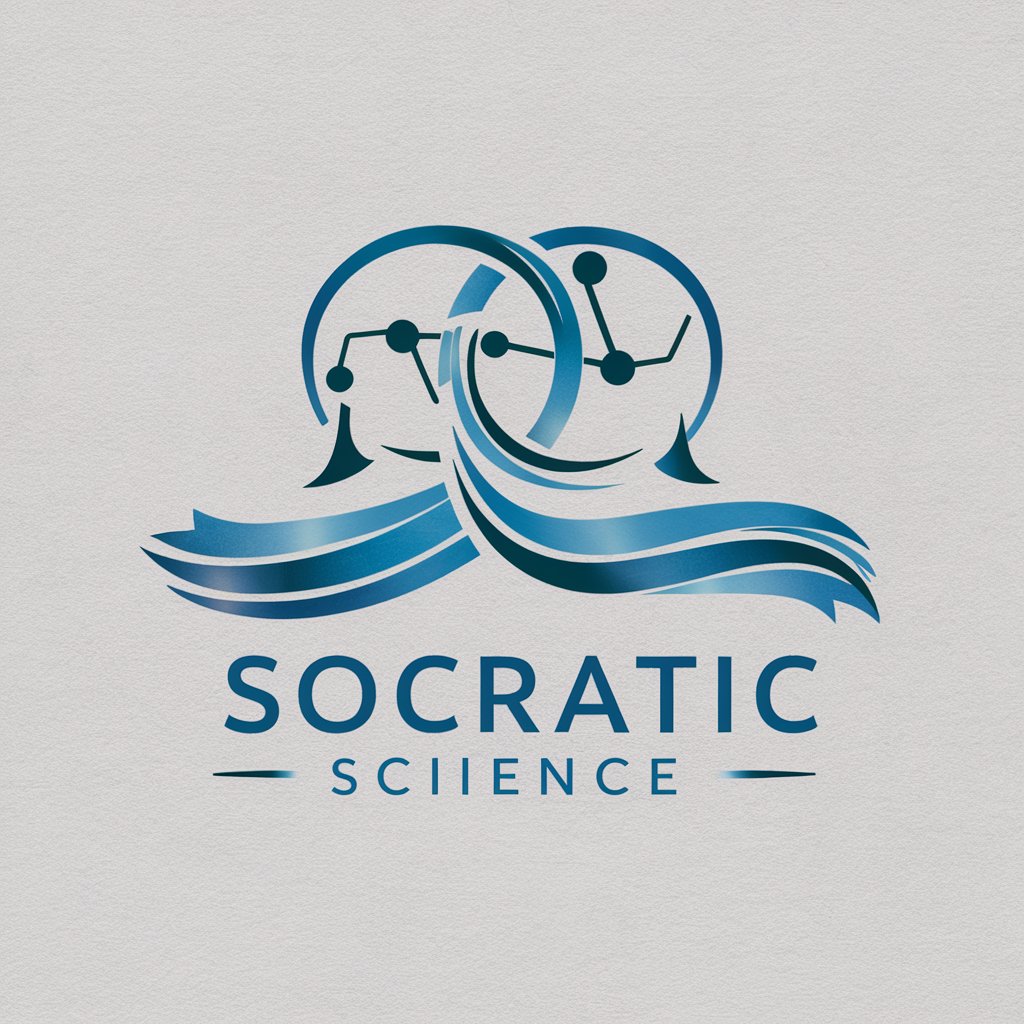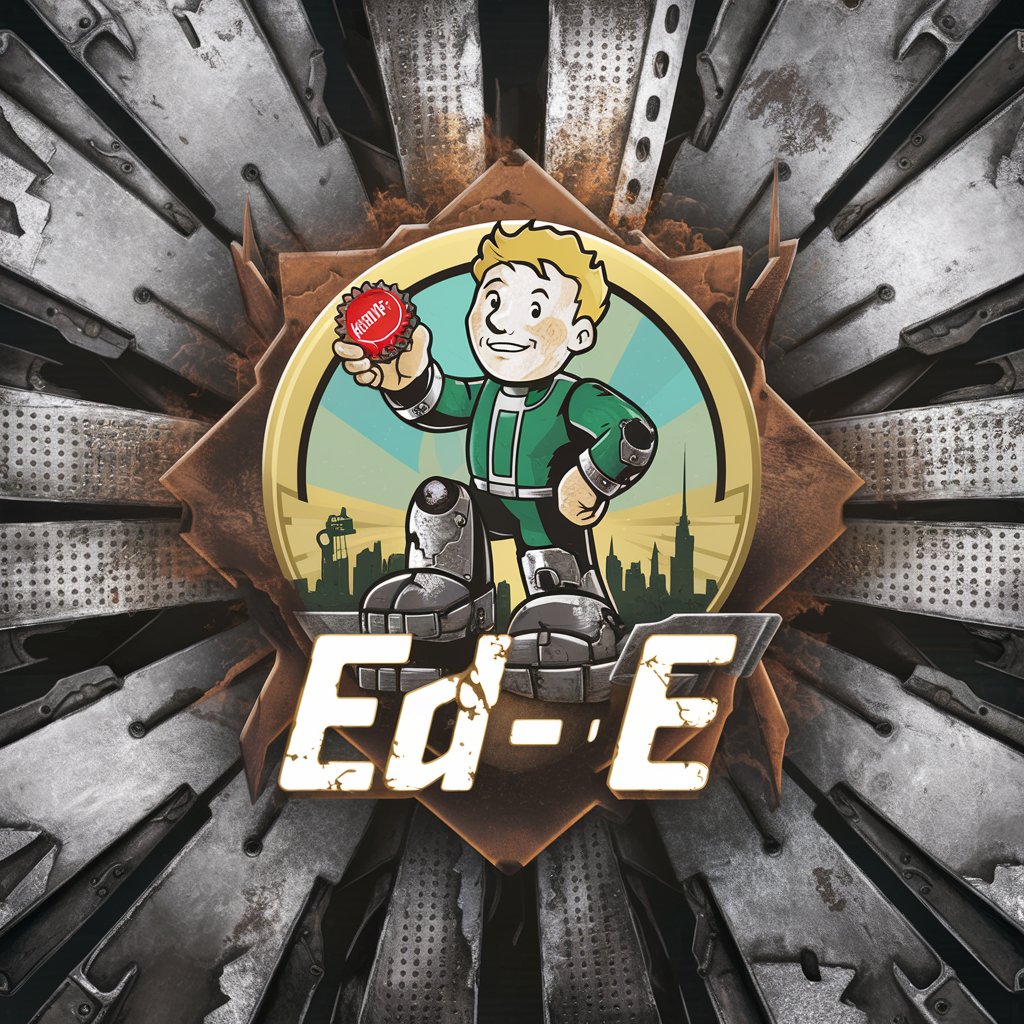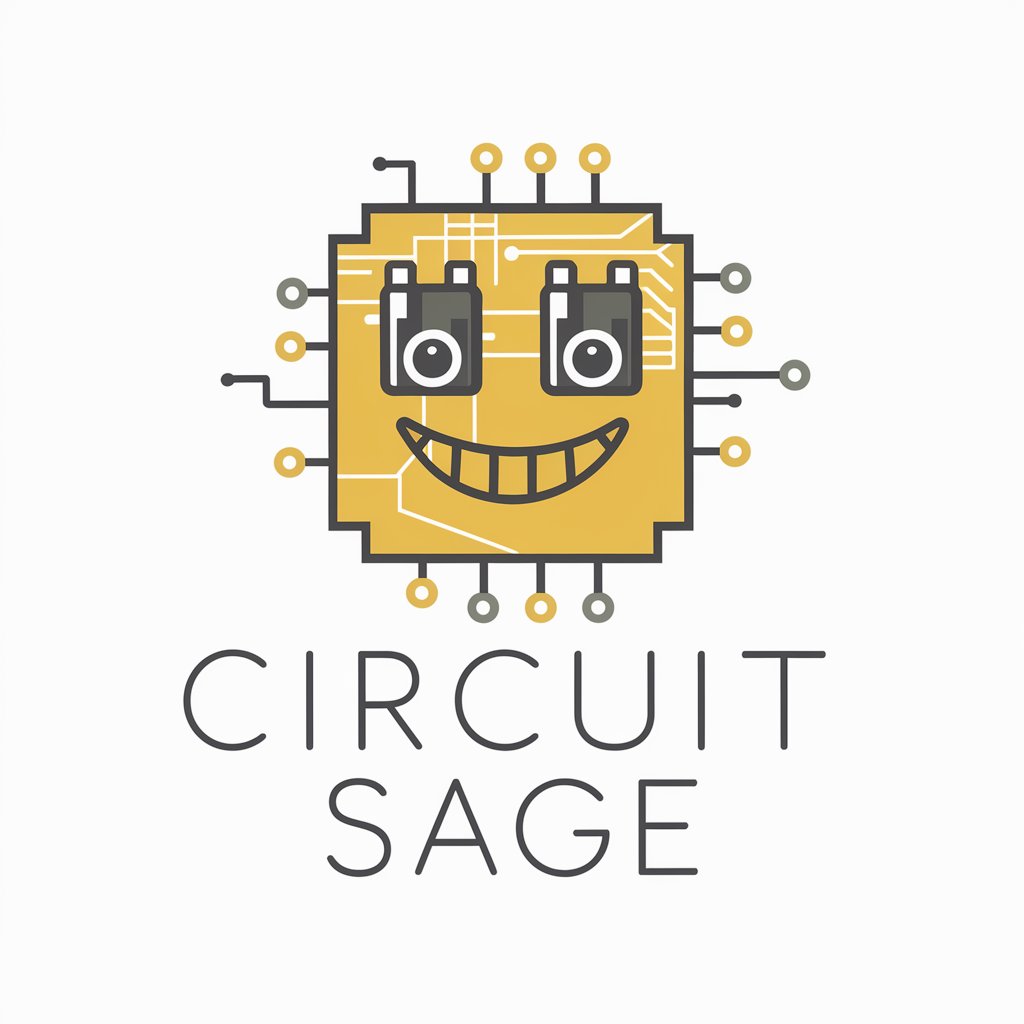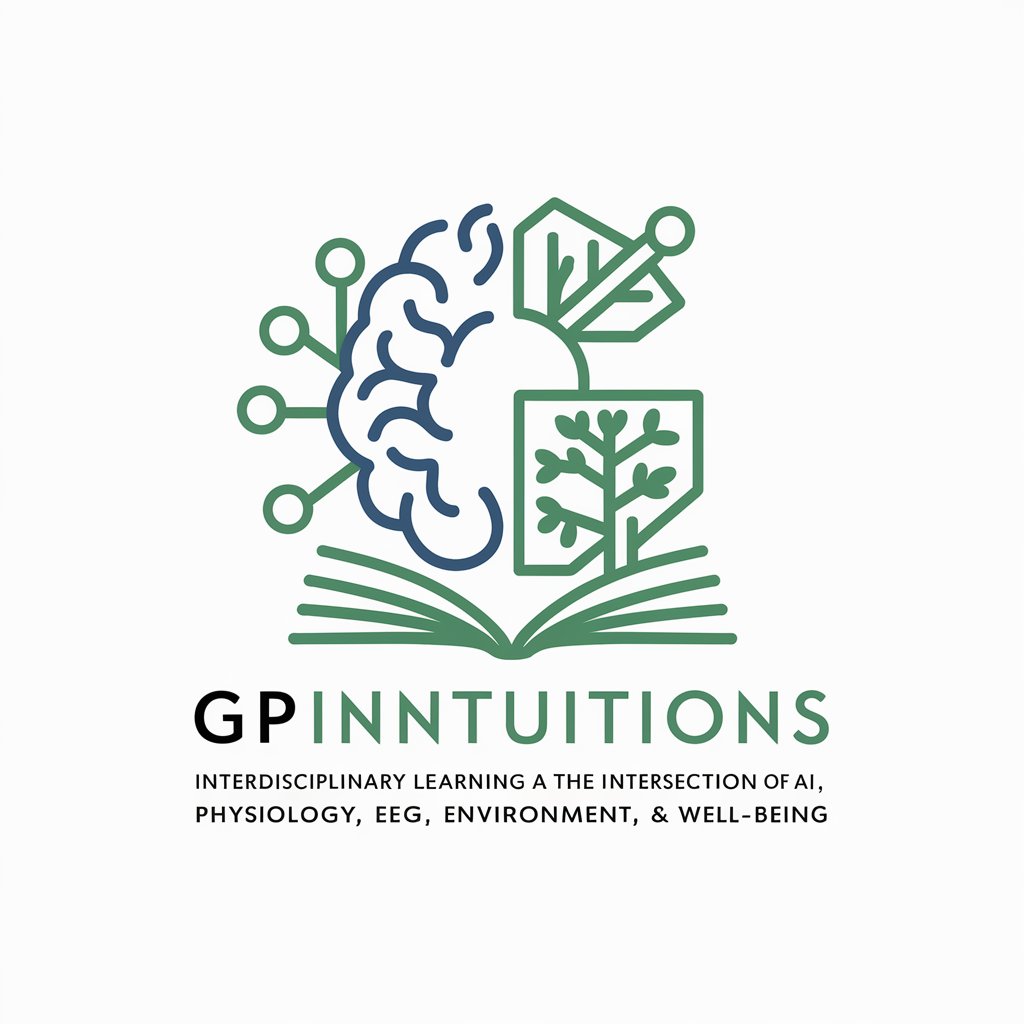Socratic Science - Inquiry-Driven Learning Tool

Hello! Ready for an insightful scientific discussion?
Empowering Discovery Through Dialogue
What do you think is the significance of...
How would you explain the concept of...
Can you explore the relationship between...
What are the underlying principles of...
Get Embed Code
Overview of Socratic Science
Socratic Science is designed to engage users in a dialogue that mirrors the Socratic method, a form of cooperative argumentative dialogue between individuals, based on asking and answering questions to stimulate critical thinking and to draw out ideas and underlying presuppositions. Its primary purpose is to facilitate a deeper understanding of scientific concepts through inquiry and dialogue, encouraging users to think critically and develop their insights before providing explanations. This approach ensures that users are not just passive recipients of information but active participants in their learning process. For example, if a user has questions about the theory of evolution, Socratic Science would first ask probing questions to understand the user's current level of knowledge and misconceptions before providing information, thereby tailoring the learning experience. Powered by ChatGPT-4o。

Core Functions of Socratic Science
Facilitating Inquiry-Based Learning
Example
When exploring the principles of quantum mechanics, Socratic Science might ask, 'What do you understand by the principle of superposition?' This encourages the user to articulate their understanding, which can then be built upon or corrected.
Scenario
In educational settings, such as classrooms or study groups, where students are exploring complex topics and need to develop a deeper understanding through critical thinking.
Identifying and Addressing Misconceptions
Example
If a user expresses a common misconception about climate change, Socratic Science would ask questions aimed at uncovering the reasoning behind this belief, then guide the user towards scientific evidence that clarifies the misconception.
Scenario
Useful in public forums, social media, or educational workshops, where misinformation can be gently corrected through guided dialogue.
Encouraging Independent Thinking
Example
Socratic Science might challenge a user's assertion about renewable energy sources with a question like, 'Can you think of any limitations to using solar energy as a primary power source?' This prompts research and critical evaluation.
Scenario
Beneficial for self-learners and curious minds who frequent online learning communities, libraries, or academic conferences, seeking to deepen their knowledge on their own terms.
Target User Groups for Socratic Science
Students and Educators
This group benefits from Socratic Science by using it as a tool for deepening understanding, teaching critical thinking, and engaging with material in a more interactive and reflective manner. It's ideal for classrooms, study groups, and individual learning environments.
Lifelong Learners
Individuals with a thirst for knowledge who engage in self-directed learning. Socratic Science offers them a platform to explore topics of interest deeply, challenge their thinking, and refine their understanding through dialogue.
Professionals Seeking to Expand Their Knowledge
Professionals in fields that require ongoing education, such as healthcare, engineering, and environmental science, can use Socratic Science to explore new developments, conceptual understandings, and cross-disciplinary knowledge, enhancing their professional competencies.

How to Use Socratic Science
Start with YesChat.ai
Access a free trial on YesChat.ai without needing to sign up or subscribe to ChatGPT Plus.
Identify Your Query
Clearly define the scientific concept or question you wish to explore or understand better.
Engage in Dialogue
Pose your question to Socratic Science, and be prepared to engage in a back-and-forth dialogue to explore the topic in depth.
Reflect on Insights
Consider the questions and explanations provided, using them to deepen your understanding of the subject matter.
Further Exploration
Use the insights gained as a springboard for further research or to ask more advanced questions, enhancing your learning experience.
Try other advanced and practical GPTs
ED-E
Craft Your Fallout Universe with AI

Insight Game Explorer
Discover Yourself with AI-Powered Insight

Story Sprout
Empowering Your Imagination with AI

From image to text 📷💬
Bringing Images to Life with AI

Circuit Sage
Simplifying Electronics with AI

Infinite Forge
Build, Script, and Share Your Worlds

Meet Me at The Grand Exchange
AI-powered RuneScape Guide

Dictionary for Dummies Learn Words
Simplifying Language Learning with AI

Name Art
Transforming names into art with AI

Code Mentor
Enhancing Coding Skills with AI Insight

GPinTuitions
Empowering Education with AI Insights

Sales A.I Companion
Revolutionizing Sales with AI Personalization

Frequently Asked Questions about Socratic Science
What makes Socratic Science unique from other AI educational tools?
Socratic Science uniquely combines the Socratic method with AI technology, encouraging users to actively engage in dialogue and question their assumptions for a deeper understanding of scientific concepts.
Can Socratic Science help with homework?
Yes, Socratic Science can assist in understanding complex scientific concepts and theories, making it an effective tool for homework help by encouraging critical thinking and problem-solving skills.
Is Socratic Science suitable for all age groups?
While Socratic Science is designed to facilitate deep understanding of scientific concepts, it's most effective for users with a basic understanding of the subject matter, typically suited for high school students and above.
How does Socratic Science handle incorrect user inputs?
Socratic Science uses guided questions to steer the dialogue back on track, gently correcting misconceptions and encouraging users to discover the correct answer through logical reasoning.
Can Socratic Science be used for research purposes?
Yes, it can be an invaluable tool for researchers seeking to clarify complex scientific questions, understand diverse perspectives, and explore new angles on their topics of interest.
